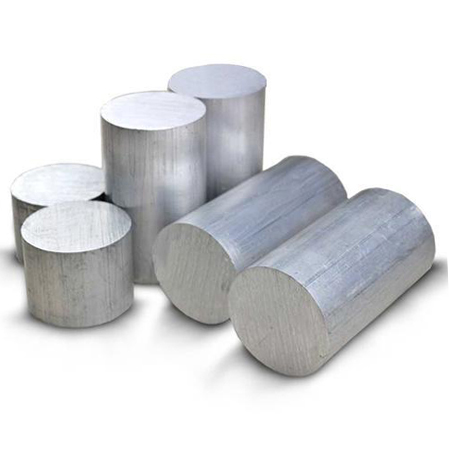Aluminum alloy is a common metal alloy material, which is usually contains aluminum and other metal elements (such as copper, silicon, magnesium, zinc, manganese, etc.). As an important alloying element, the role of manganese in aluminum alloy is very important. Commonly, the manganese element in aluminum alloys is achieved by adding Manganese Tablet.

Manganese increases the strength and hardness of aluminum alloys. The strength and hardness of aluminum alloys depends on their crystalline grain size. Manganese in aluminum alloy can effectively refine the grains, making them more dense and uniform. The addition of manganese can form an alloy phase called MnAl6. It has high hardness and can prevent the growth of grains, thus improving the strength and hardness of Al alloys.
Manganese can improve the corrosion resistance of aluminum alloys. Aluminum alloys are prone to oxidation reactions in the atmosphere and form oxide films, thereby reducing their corrosion resistance. Manganese can form a stable compound with aluminum to prevent the formation of oxide films and improve the corrosion resistance of aluminum alloys. In addition, manganese can also absorb some harmful substances, such as iron oxide, to reduce their damage to aluminum alloys.
Mn to Aluminum Alloy Physical Properties
The other role of Manganese in aluminum alloy is that it can improve the processing properties of aluminum alloys. The processing properties of aluminum alloy refer to its plasticity and workability during processing. Manganese can promote the recrystallization process of aluminum alloy, making it have better plasticity, thus improving the processing performance of aluminum alloy. In addition, manganese can also improve the heat treatment effect of aluminum alloys, giving it better heat treatment responsiveness.
Manganese can also improve the thermal stability of aluminum alloys. Aluminum alloys are prone to grain growth and phase separation at high temperatures, thereby reducing their performance. Manganese can form stable compounds, inhibit the process of grain growth and phase separation, and improve the thermal stability of aluminum alloys. At the same time, manganese can also improve the hot corrosion resistance of aluminum alloys and extend their service life.
In conclusion, similar to Applications of Alloying Elements in Magnesium Alloys, Manganese plays an important role in aluminum alloys. It can increase the strength and hardness of aluminum alloys. Also it can improve its corrosion resistance, improve processing performance, and also improve thermal stability and hot corrosion resistance. Manganese is very common in aluminum alloys and is of great significance to improving the performance and reducing costs of aluminum alloys. With the continuous development of science and technology, people’s research and application of aluminum alloys will become more and more in-depth, and the role of manganese will be more fully utilized.
